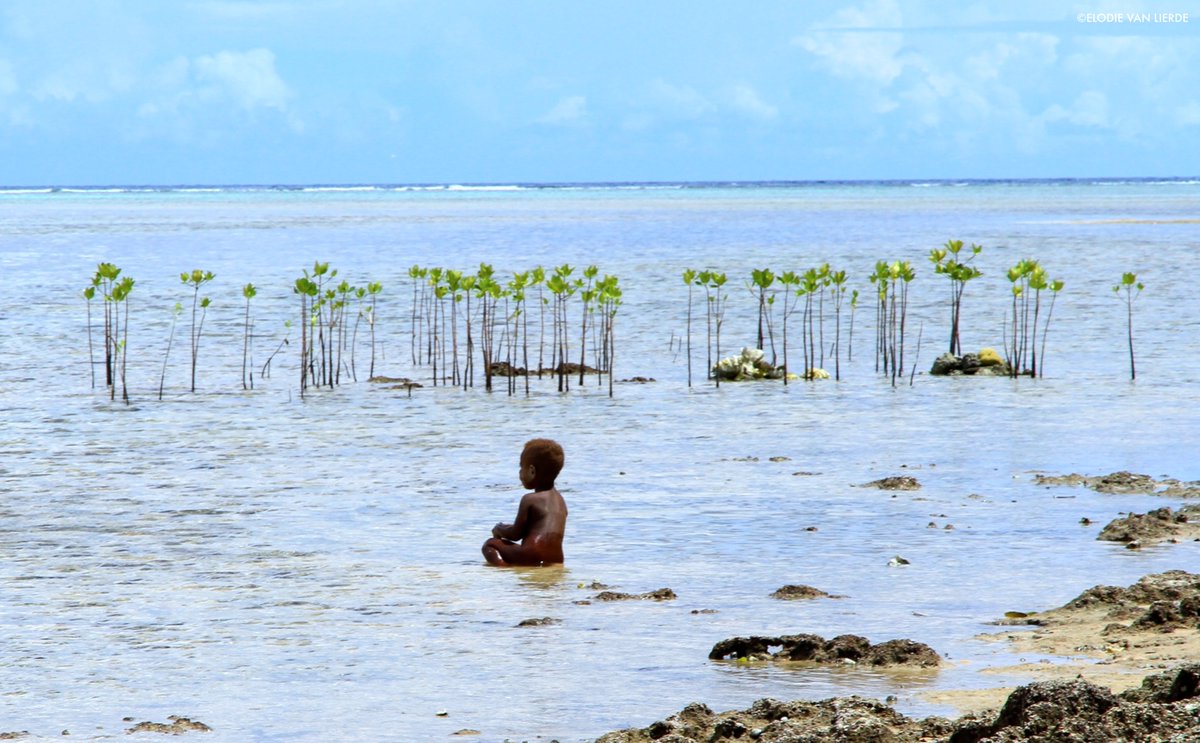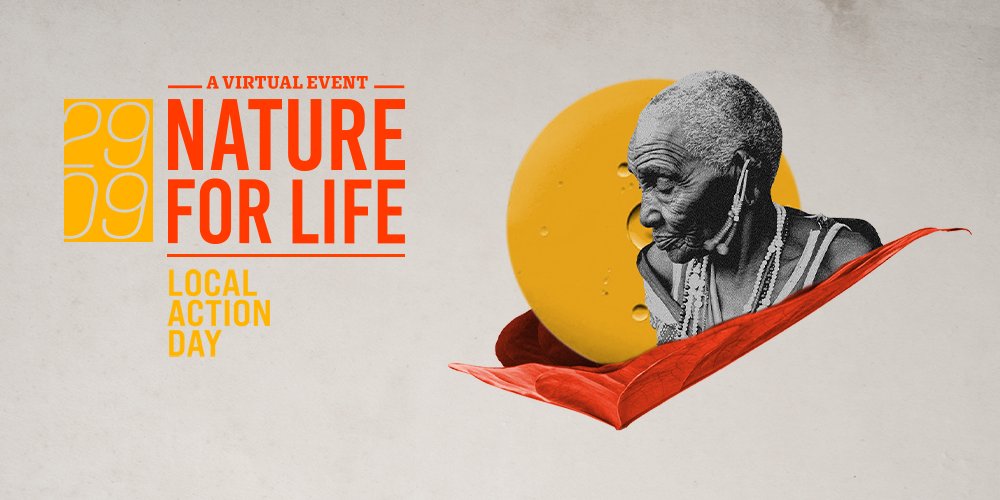For #WorldMangroveDay, let's recognize importance of these ecologically rich & culturally important ecosystems. Like this one in El Encanto de los Manglares del Bajo Baudo, a protected marine area in Chocó in Colombia, which provides vital resources for coastal communities. 



Mangroves also provide coastal protection.
On the Tigak Islands in Papua New Guinea, there is a real threat to people's homes from the rising sea due to #ClimateChange.
Here mangroves have been planted to provide a potential barrier. #WorldMangrovesDay
On the Tigak Islands in Papua New Guinea, there is a real threat to people's homes from the rising sea due to #ClimateChange.
Here mangroves have been planted to provide a potential barrier. #WorldMangrovesDay

In Choco, Colombia, the piangüa (ark clam) is gathered from mangroves. It's an important marine resource that coastal communities rely on. As mollusk numbers have declined, communities & organizations like WCS have teamed to manage extraction & allow recovery. #WorldMangroveDay 

• • •
Missing some Tweet in this thread? You can try to
force a refresh
















